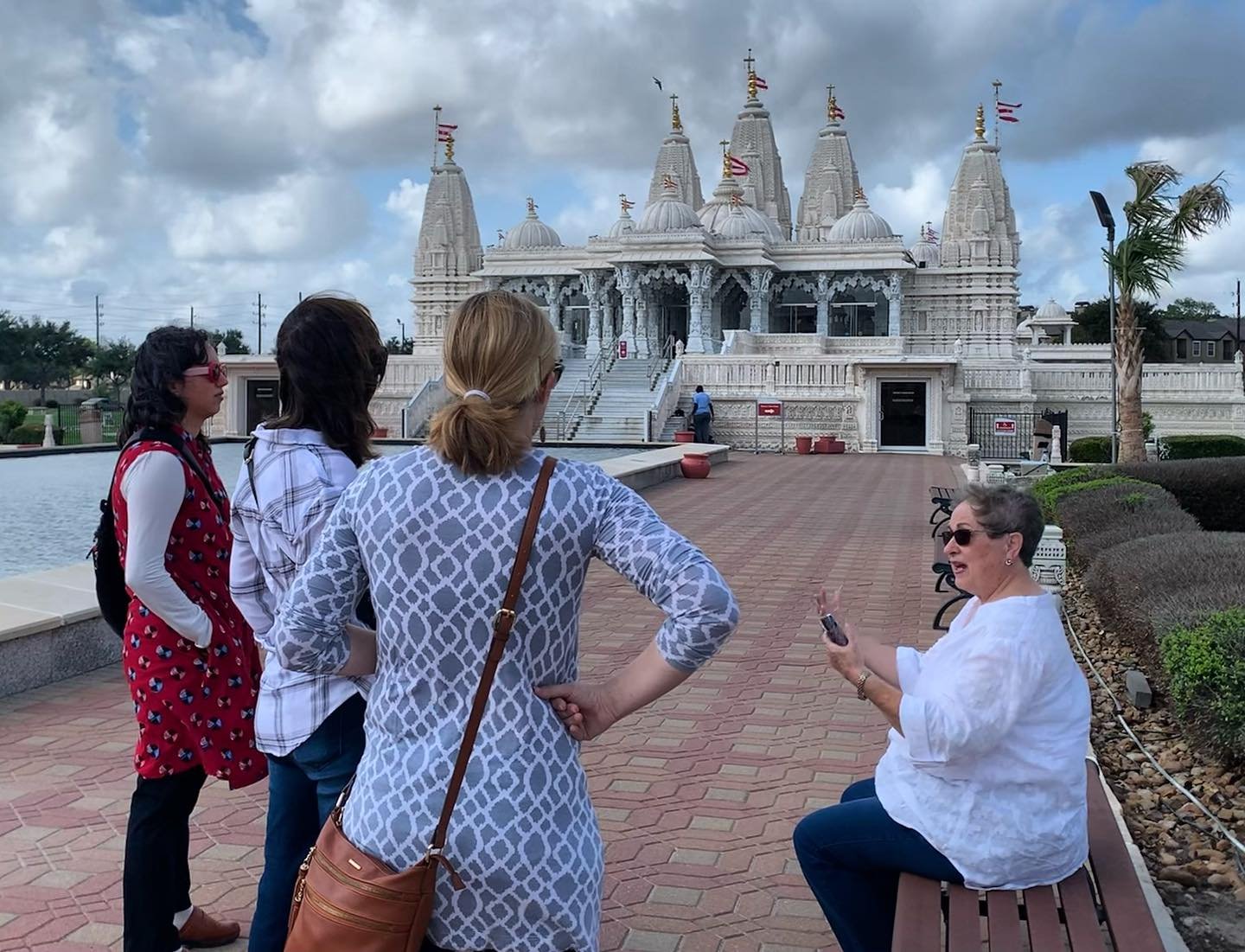Honor and Shame by Roland Muller
Sally Hinzie, UBA Church Consultant, is an avid reader and a practical thinker. She condenses selected key points of a book into a quick, easy to read set of “Book Notes” that offers you the opportunity to determine if this is a topic that you’d like to study further.
Honor and Shame – Unlocking the Door, by Roland Muller (2001)
There are three worldviews that form the foundation of every culture in the world. They are:
Guilt and innocence
Fear and power
Shame and honor
All three are mentioned in Genesis 3 as Adam reacts to his disobedience to God:
Then the eyes of both of them were opened, and they realized they were naked; so they sewed fig leaves together and made coverings for themselves. (3:7) – Guilt
He answered, “I heard you in the garden, and I was afraid because I was naked; so I hid.” (3:10) – Fear & Shame (I hid)
Guilt and Innocence
The guilt and innocence worldview is found in the West – Western Europe, North America, and Australia. The West looks at the world and asks, “Is it right or wrong?” or “Is he guilty or innocent?” It is a worldview with laws and consequences. When one sins, a law is broken, and there must be consequences.
You can look at our Roman roots to see the foundation for this worldview. Roman law introduced us to the concept that the law was above everyone, even the lawmakers. The legal systems in the West are still built around the basic Roman code of law.
Many of the early church theologians were lawyers – Tertullian, Basil the Great, Ambrose, and Augustine. Their interpretation of Scripture was filtered through the background they had as lawyers.
This worldview is also reflected in Western methods of evangelism – for example: The Four Spiritual Laws, The Roman Road and Evangelism Explosion.
Scripture speaks to this worldview; examples include the Mosaic Laws for Israel and Paul’s writings, written for a Roman culture.
Fear and Power
There are many people in the world today whose lives revolve around their interaction with the spirit world. They are found in tribal areas in Africa, South America and the South Pacific. However, many animistic believers have moved to the cities and have taken their belief system with them – even in Western countries.
People with a fear/power worldview believe that the world is filled with gods, demons, spirits, ghosts, and ancestors. This belief system developed as their ancestors looked for meaning – why did my daughter die and her son live? Why did the crops fail this year? Why am I sick? What do I need to do to get well? They blamed evil spirits for the bad things that happened. Rites and sacrifices are performed to appease the gods and keep away the demons. A witch doctor or shaman will rise up and control people through their fears.
Missionaries have learned to share the gospel in such a way that it makes sense to those living in fear. They see the power available through Christ is greater than the powers of darkness. Two examples from Scripture would be the stories of Elijah and the prophets of Baal and Jesus and the Gadarene demoniac.
Honor and Shame
The honor and shame worldview is found in Asia, including the Middle East, and North Africa. The 10/40 Window, where the most unreached people groups are located, is found in this part of the world. Historically, missionaries did not understand how to present the gospel in this context.
In this world, it is important to act honorably so that the honor of the family and tribe is upheld. Act shamefully, then the family will react. Shameful deeds are covered up. If they cannot be covered up, then they must be avenged. The Ummah (your family, clan, and tribe) is the glue that holds your world together. If you lose your standing in the Ummah, you lose everything.
It is difficult for Westerners to understand a culture that is based on shame and honor, not right vs wrong. To a Westerner, telling the truth is right, and telling a lie is wrong. In an honor/shame culture, the question is: “What is honorable?” If a lie protects the honor of the tribe, then it is seen as right. In their worldview, “right” is based on honor, not law. It parallels with guilt & innocence, and it addresses the right and wrong aspect of our worldview.
The Bible was written in an honor/shame culture, so it is filled with honor/shame stories. Hannah’s song is a good example. “He raises the poor from the dust and lifts up the needy from the ash heap; he seats them as princes and has them inherit a throne of honor.” (1 Samuel 2:8)
And the story of the exodus serves as another example. “I am the Lord your God, who brought you out of Egypt so that you would no longer be slaves to the Egyptians; I broke the bars of your yoke and enabled you to walk with heads held high.” (Leviticus 26:13)
All sickness puts man in a position of shame. When Jesus healed, He not only gave them physical healing but removed their shame. He restored them to a place of honor.
Conclusions:
This book gives us a scriptural way to present the Gospel to those who live in honor/shame cultures in a way they can hear, understand, and respond. Though we have many successful ways to share the gospel fear/power and guilt/innocence worldviews, this book addresses the area where we are most lacking, the honor and shame culture.
Sally Hinzie is a Church Consultant who has worked at UBA for many years. Her primary areas of ministry focus include church planting, bible storying training, organic church, and ministry implementation.










